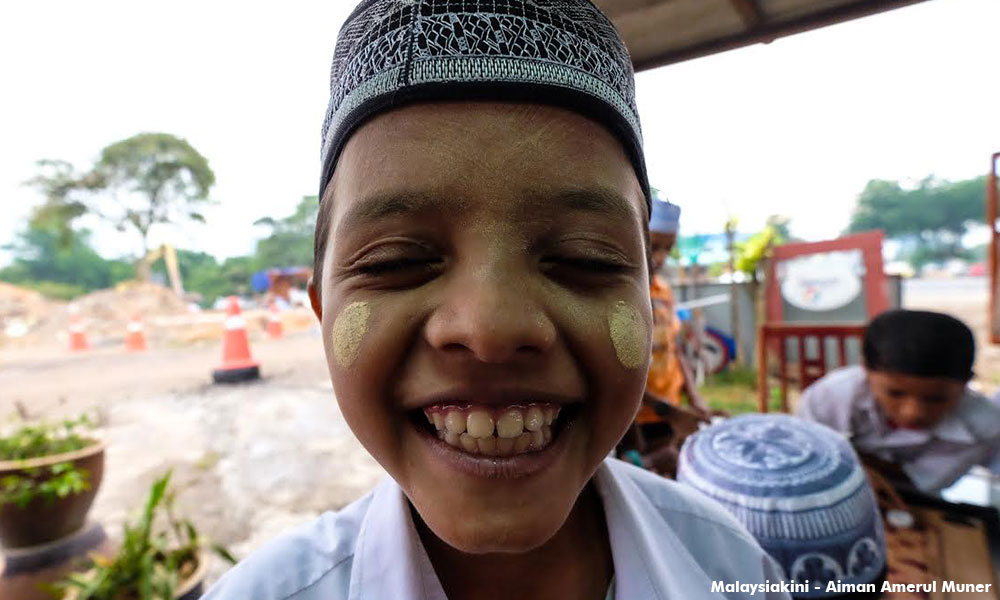COMMENT | Access to education is a fundamental human right. It is essential for the achievement of knowledge and to “the full development of the human personality”, regardless of status. Yet, for thousands of refugee children in Malaysia, education remains an aspiration and a dream, not a reality.
This is a wake-up call to our government. If Bangladesh, with a refugee population five times more than ours, can invest to support the education of children there, it is to the shame of our government to continue denying education to refugee children here, allowing a generation of children in Malaysia to continue living in limbo.
Tenaganita, in a call to the government, pushes for integrating refugee children in the country into local schools and access to the Malaysian syllabus, instead of confining them to only access the curriculum of their country of origin. By doing so, we'd have to implement a much more complex system of managing their education with the diverse population of refugees here, but it also reinforces division in society.
Putrajaya continues in its wishful thinking in avoiding this issue facing a significant segment of the refugee population in Malaysia and the challenges and risks they face. The government keeps stalling, in hopes that they will be repatriated or resettled out of the country. However, the reality is that they will be here for many years to come.
They are a resource we can use for the country by investing in their inclusion and welfare in Malaysian society. One such way is to recognise and establish the right to education for refugees and every child in Malaysia.
If the reasons we do not have government policies to support refugees are the lack of resources and priority for an issue which does not seem to be as important as those directly affecting Malaysians, we should recognise that perhaps such policies are the answer to these problems.

With the economic contributions that refugees could add to Malaysia when given access to work and education, we could help in addressing the issue of limited resources and national debt. Aside from that, integrating refugees into Malaysian society, even if just partially but at least legitimately, would reinforce our Malaysian values of a harmonious society of an incredibly diverse country.
This is a quote from Hasnah Hussin, a refugee volunteer at Tenaganita and a community leader, who said:
“We (refugees) call on the Malaysian government to give us a chance to receive an equal education for all children, including refugee children. Some years ago, the Malaysia government did give the opportunity for some of us to pursue our education in public schools, but we don't know what was the reason they stopped the enrolment of refugee children. It was very devastating to many parents and children alike. If the Malaysian government would provide such an opportunity for refugee children, it would be a great possibility for the children to develop themselves, benefit the community, local society and the government as well. We continue to hope and dream.”
Education, as we all know is so essential for every child, but for refugee children, it can convey the knowledge and skills to restore and rebuild their lives and their families. Education can lift the children and their families from poverty and uncertainties, and accordingly contribute to the development of the host country.
Given the opportunity to gain knowledge, study and growing through learning can empower refugee children to lead fulfilling lives and is the indispensable means for the full realisation of other human rights.
This is what Bangladesh is bringing about for the refugee children in that country, setting a great example in the Asia-Pacific region.
GLORENE A DAS is the executive director of Tenaganita.
The views expressed here are those of the author/contributor and do not necessarily represent the views of Malaysiakini.

